Pregnancy can be a beautiful experience but I think we can all agree that it also has some not so wonderful moments, right?
Low blood pressure, crazy mood swings caused by increased hormones, swollen feet (go for the compression socks for this one, .and to top it all of you can have false contractions, also known as prodromal labor, that make you feel like labor has started.
Prodromal labor is a real thing and is also sometimes called false labor. It happens before real labor but it will never lead to giving birth. Most women experience it because it’s how your body prepares for real labor.
These false labor contractions can be stressful and pretty scary, especially for first-time moms. It’s their first pregnancy and everything is new to them.
What is prodromal labor?

To reassure you and explain that you have nothing to be scared about, let’s immediately move on to the question of what prodromal labor is.
As I already said, most people call it false labor, but unfortunately, that is a poor description of this type of labor.
In a way, it’s actually the first sign of active labor.
We can’t define it as false labor because then we would be saying that prodromal labor contractions are the same as Braxton Hicks contractions, but they aren’t.
Braxton Hicks contractions are false and you can easily recognize them. They aren’t painful at all and they are never evenly spaced.
Instead, it feels like you have menstrual cramps.
They are also called practice contractions because your body is preparing for true labor. These contractions will stop after some time, when you relax or simply change positions.
Now, prodromal labor contractions are different because they’re part of the real labor.
Actually, they are the first stage of labor, but please, don’t get me wrong – if you are experiencing them, it doesn’t mean that your active labor has begun.
They usually don’t have a regular pattern. They don’t progress and normally they only last for 24-72 hours.
If you experience them, you have nothing to worry about – especially if it’s not your due date, yet.
You should find a way to relax and try not to think about it too much because it’ll only make you more nervous.
However, you can call your healthcare provider or your doula and explain what kind of contractions you’re having to them if that will calm you down.
They’ll explain to you that they are only prodromal contractions and advise you to stop worrying, relax, and find something that will help you take your mind off it.
Prodromal contractions are pre-labor contractions, but they are also very different from real contractions.
Trust me, you’ll know when your actual labor starts. You’ll feel some obvious labor symptoms and painful contractions that will happen at regular intervals.
What causes prodromal labor?
There are several causes of prodromal labor but most experts agree that it happens because your body feels the need to be prepared for what’s coming.
That’s why prodromal contractions are also called practice contractions. Regardless, here are some potential causes of prodromal labor.
1. Baby’s position in the womb
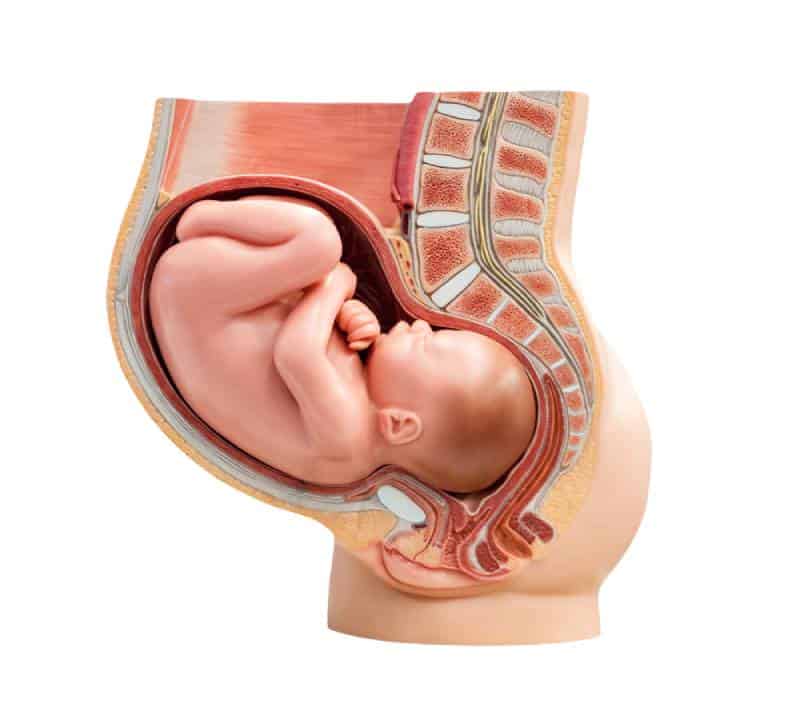
If the baby is in a breech position, you’ll experience these pre-labor contractions. That’s because your uterus will try to move your baby into a more optimal position.
The ideal position for your baby to be in for active labor is head down.
If your doctor has already told you that your baby is in a breech position, you can do some exercises to help your baby move.
2. Your mental health

Pregnancy can be a very stressful period for a woman, so it’s important to read about it and talk with your partner or a medical expert about everything you want to know and what scares you the most.
One important piece of advice I want to give you is that you shouldn’t listen to other women and their experiences.
It won’t help, and it may end up scaring you even more.
We are all different. Our bodies are different. Our pregnancies can’t be compared. We don’t have the same pain tolerance.
You should be prepared for what’s coming, though.
There are so many childbirth education classes where you can learn everything about pregnancy and the actual labor.
If you stress too much about what can happen or whether your baby is OK all the time, it may cause pre-labor contractions and sometimes even early labor.
3. Your obstetric history
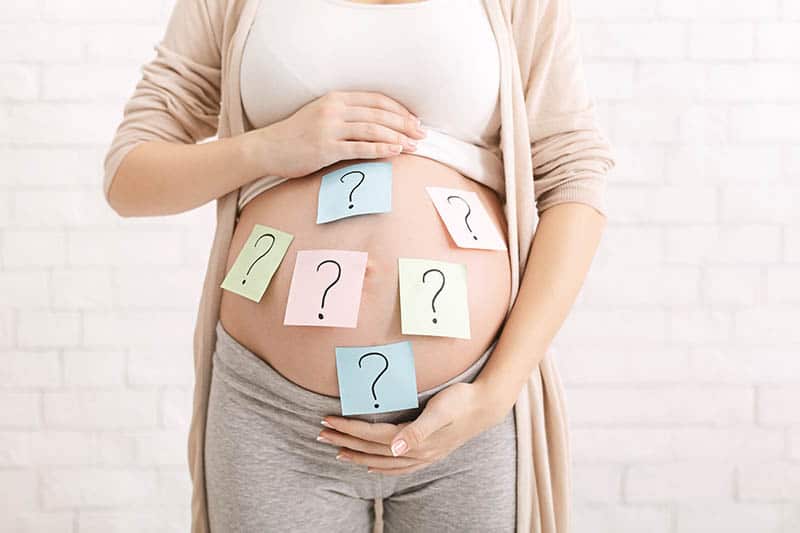
Obstetric history is the history of your current labor and your past labors if you’ve had any, of course.
If you had any complications with your past pregnancies, your healthcare provider will see this in your obstetric history and they’ll pay special attention to it, so it doesn’t happen again.
4. First pregnancy fears and worries

Anxiety and stress are so frequent with first-time moms, particularly in the first trimester.
They have a fear of the unknown – of everything that is happening and may happen in the future – and they don’t know how to deal with it.
Actually, first-time moms have nothing to worry about because if they listen to their birth team, everything will be fine.
Just think positively and think about the moment when you’ll see your baby for the first time.
How you can tell if you’re experiencing prodromal and not active labor
We said that prodromal labor is similar to actual labor, but there are some major differences that indicate if you are experiencing prodromal labor.
Check them out below.
1. No or minimal cervical changes

Prodromal labor contractions can cause some cervical changes but they will never cause the changes that are needed for actual labor.
You might experience some softening of the cervix thanks to prodromal contractions but it’s still not the real deal.
2. Contractions aren’t in a regular pattern

Prodromal labor contractions aren’t usually painful. However, they can last for some time and be very uncomfortable.
These pre-labor contractions usually happen every five minutes or so and they stop for long periods.
True contractions will be at regular intervals and once you start experiencing them, they won’t stop and they’ll become more and more frequent.
Your doula will advise you to write down the timings of your contractions so you can see if they’re false or not.
3. There are no bloody shows or waters breaking

I think we all know that the most obvious pre-labor signs are when your waters break and when you see some bloody shows that mean that your mucus plug has come out.
If you are experiencing contractions without any of these signs, you don’t have to run to the hospital because they are likely only prodromal contractions.
However, I should emphasize that every time you feel worried about something you can call or visit your healthcare provider.
4. You still haven’t lost your mucus plug

The cervix fills with mucus and that is how the mucus plug appears.
When true labor starts, your contractions will cause some cervical changes such as the softening of the cervix.
That’s when your mucus plug will break free and you’ll know that it’s the real deal.
If you still haven’t lost your mucus plug, that means your contractions are false and that you’re experiencing prodromal labor for sure.
5. You don’t feel any symptoms after several hours

Prodromal labor contractions, in general, don’t last for a long period of time.
They usually last up to 72 hours, but the important thing for you to remember is that no matter how long they last, they’ll never be regular.
8 tips to help you through it
I know that these contractions sound awful and that they make most pregnant women feel uncomfortable, but it’s possible to experience a positive and easy natural birth experience despite everything.
It’s all up to you.
You are the one that can help you and your baby. And you’ll do so, as long as you listen to the professional advice from your birth team.
Here are some tips that might help you when you start experiencing prodromal contractions.
1. Practice breathing techniques

Breathe in, hold, and breathe out.
Practice some relaxing breathing techniques because you’ll also need them during real labor.
Ask your doula to help you with this. Let her show you some breathing techniques, then choose the one that works best for you.
2. Have a relaxing bath

Prepare yourself a relaxing bath. Put some gentle essential oils in the water. Put on some relaxing music and don’t think about the labor.
Think only about your little angel and how it will all be over very soon.
You’ll be holding your little one in your arms sooner than you think.
3. Do something that usually calms you
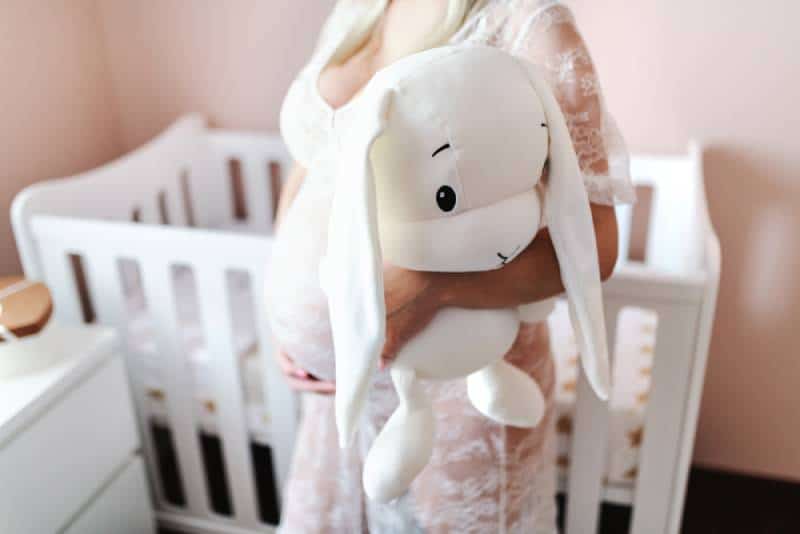
Do something that usually calms you down, or this may be the perfect time to try something new.
You could try meditation or yoga or this could even be a great opportunity to find a new hobby.
Do some housework or gardening. Of course, avoid the difficult household chores, lifting heavy things and so on.
You need to be active and distract your mind from the pre-labor contractions.
Buy some clothes for your baby. Decorate your little munchkin’s room. Your little prince/princess is coming and deserves nothing but the best.
Keep yourself occupied all the time.
4. Change positions

Rest whenever you feel the need to do so. Lie down and watch TV or even better, listen to some relaxing music.
Then sit and play games or do something different.
Make a meal. Go for a stroll or walk around your room. Go into the garden, see how your flowers are progressing.
Do whatever you feel the need to do, but don’t stay in the same position for too long. The contractions will only last longer that way.
5. Take a walk
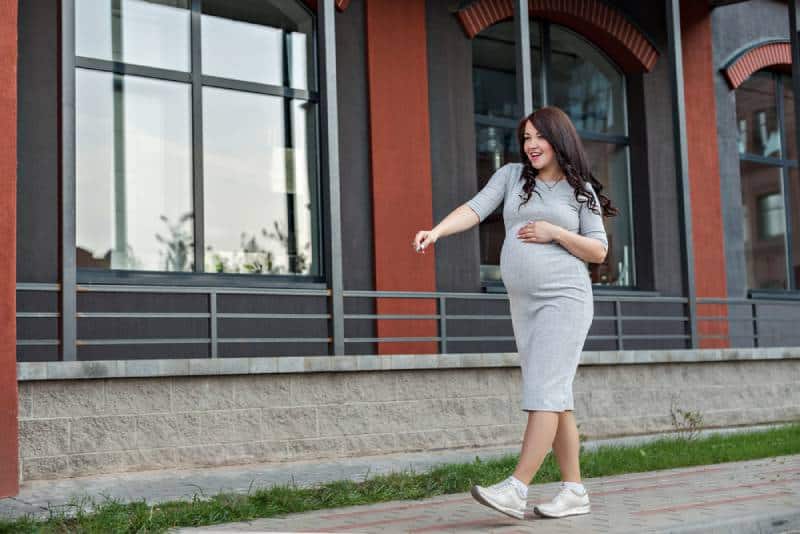
Walking is so important in pregnancy – for both you and your baby. It’s the best exercise for a pregnant woman.
It helps you to strengthen your muscles and increase your energy levels.
It can also serve as a great diversion when you experience prodromal labor contractions.
Pick a park or a place with a lot of people and kids and you’ll see how it makes you feel better instantly.
Put your pregnancy shoes on, go out, take a bottle of water, and enjoy the fresh air.
Also, if you go alone, don’t forget to tell your partner or a family member where you are going because they need to know in case anything happens.
6. Drinking water is important

Most pregnant women deal with urinary infections during pregnancy. By drinking plenty of water, you’ll reduce the risk of those bacterial infections.
Drinking water is also important to stay hydrated.
I know that it is often followed by frequent urination and going to the bathroom every 20 minutes, which can be very uncomfortable but trust me, it’s good for both you and your baby.
7. Don’t go through it alone; talk with someone

Prodromal labor contractions can be very stressful, especially if it’s your first baby.
You shouldn’t go through it alone because you’ll worry about it even more if you don’t have anyone to share it with.
Talk with your partner or a family member, or even your doula. Tell them how you feel. Tell them that you are afraid of the labor. They’ll find a way to calm you down.
8. Have a home birth if you think it will be easier for you
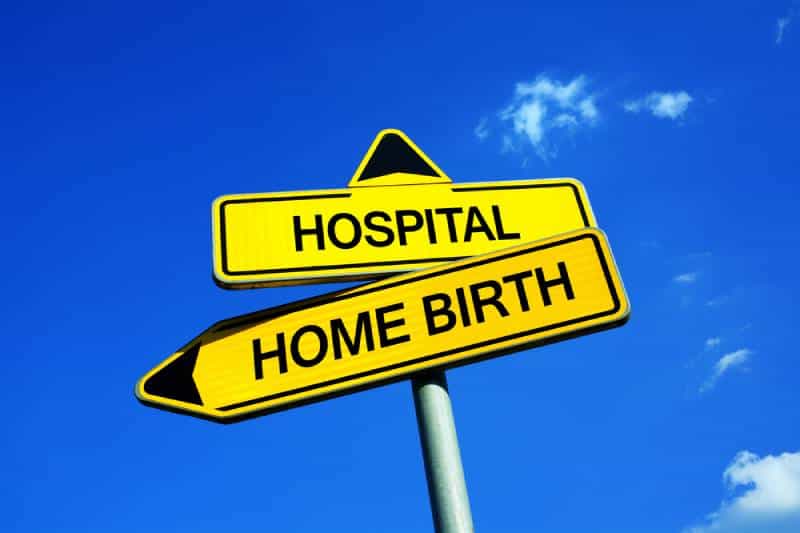
If you have a low-risk pregnancy and everything says that you’ll have a natural birth, then your doctor will give you a choice of where you want to give birth.
Maybe you’ll feel more relaxed if you have a home birth. Maybe you don’t like medications or you don’t want to get a Pitocin induction.
Maybe you want to control your birthing process yourself and induce labor with a help of midwife’s brew (which you should not use without the approval of a relevant healthcare provider.)
However, before you decide what to do, you have to know all the advantages and disadvantages.
You have to talk with your birth team and your doula. If there is any risk for you or the baby, they will recommend another option.
READ NEXT:
- What Is A Ring Of Fire Birth And How To Deal With It
- Precipitous Labor Symptoms, Complications, And Tips
Like this post? Please share or pin it for later. You can also stay in the loop and follow us on Facebook, Instagram or Pinterest.

This post contains affiliate links. Please see our full disclosure for more info.

